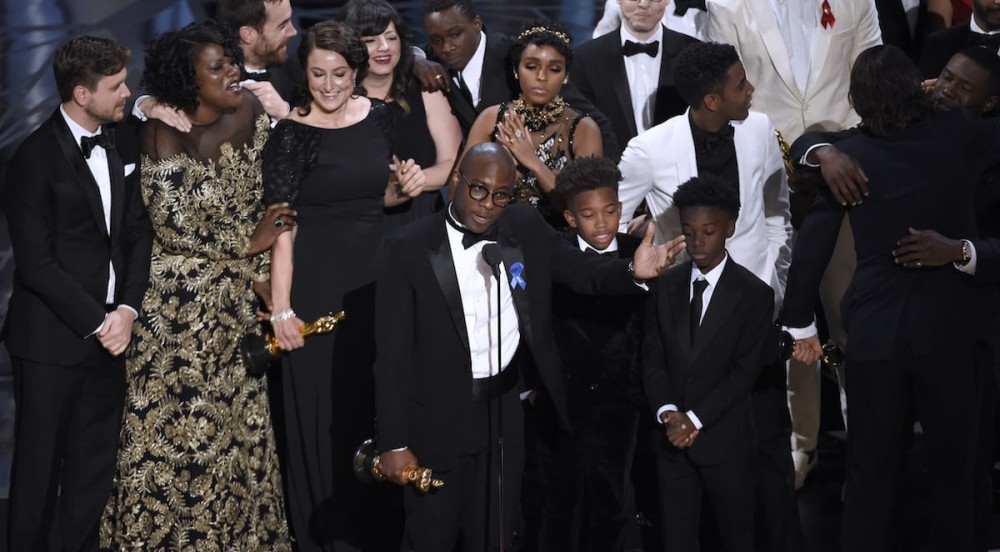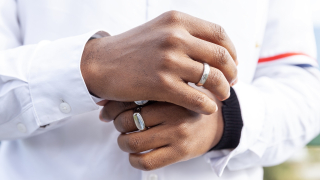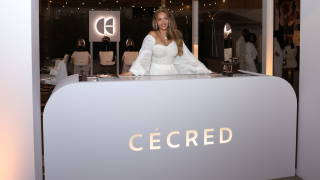“And the winner is…” echoes from the stage seconds prior to the awardee and chosen representation for the category being announced. For fans of music, TV, and film, this is a moment for their favorite performance to receive deserved recognition. But, for most, this isn’t and may never be a moment of celebration.
According to the Los Angeles Times, from 1929 to 2023, Black nominees represented 1.9 percent of all nominees and 2 percent of all winners across 253 nominations and 57 winners at the Oscars. While that microscopic percentage is a win for all of us and our pursuit of excellence, it magnifies the discrepancy of inequalities within our community.
The History of Award Shows & Black Creatives
While many believe that award shows and the metric systems they follow are outdated, it is arguable that such ceremonies were never in harmony with the cultural nor global impact of Black performances. Entertainment created by, performed by, and dedicated to Black people, has notoriously been snubbed for decades, resulting in boycotts and uproar from the creative community. Dating back to 1989, emerging hip-hop pioneers Will Smith and DJ Jazzy Jeff decided to boycott the Grammys after winning the very first Grammy Award for rap music after learning that the category would not be televised.
During the 2017 Oscars—when the biggest award of the night was called to stage—the Best Picture trophy was mistakenly given to the cast of La La Land, despite Moonlight winning the title. Though it was categorized as an accident, the moment was metaphorical in the sense that even when we win, we lose.
Most notably, as the most awarded Grammy artist in history, Beyonce has consistently been defeated from winning the prestigious Album of the Year award. According to The Washington Post, a group of anonymous Grammy voters claimed that Beyoncé got passed over for album of the year because she "wins too much."
During the 2024 Grammy Awards, Jay-Z accepted the Dr. Dre Global Impact Award for his many achievements. During his acceptance speech, the 24-time Grammy winner voiced his opinion on the hypocrisy and tone-deaf practices demonstrated by the Recording Academy. “We want y’all to get it right — at least get it close to right,” Jay-Z said. “I don’t want to embarrass this young lady, but she has more Grammys than everyone and never won Album of the Year. So even by your own metrics that doesn’t work.”
While the 2024 Grammy Awards came with a few upsets, the night still celebrated the wins of many Black artists including Victoria Monet, SZA, and more. “I think seeing our culture win Grammys the way they won [at the 2024 Grammy awards] is what we needed to see. We’ve been shaping culture and the way that people listen to music for years. So, to see people getting their just due is amazing,” expressed Pluss, a record producer known for his work on Beyonce’s ‘Formation’ and Kendrick Lamar’s ‘Humble’.
Here are three ways to help Black creatives receive their flowers every day:
- To continue to consume content and music created by Black artists which leads to TV show renewal and music charting.
- To continue to support Black creatives on social media through engagement by reposting and sharing our work to spread awareness to a wide audience.
- To continue to advocate for pay equality amongst Black artists in regards to streaming percentages, royalties, and acting compensation compared to white counterparts.
When asked about how to best celebrate Black creatives, Mike Gauyo, a Haitian-American television writer and founder of The Black Boy Writes & Black Girl Writes Mentorship Initiative said, “I’ve always found that the best way to celebrate Black Creatives is to not only amplify their work but to provide them with resources and opportunities. At a time when Black content is being canceled and removed from cable and streaming platforms, it’s important to celebrate Black Creatives by building a pipeline of access, anchored by the idea that if one succeeds, we all succeed.”
While the entertainment industry continues to see improvements with diversity, awards shows have been a bit slower to rewarding such inclusivity, and have significant progress to make. Despite the lack of awards and recognition we may receive from people and systems not intended to celebrate us, the pride we have in ourselves and community is what drives us to see the light at the end of the tunnel.













